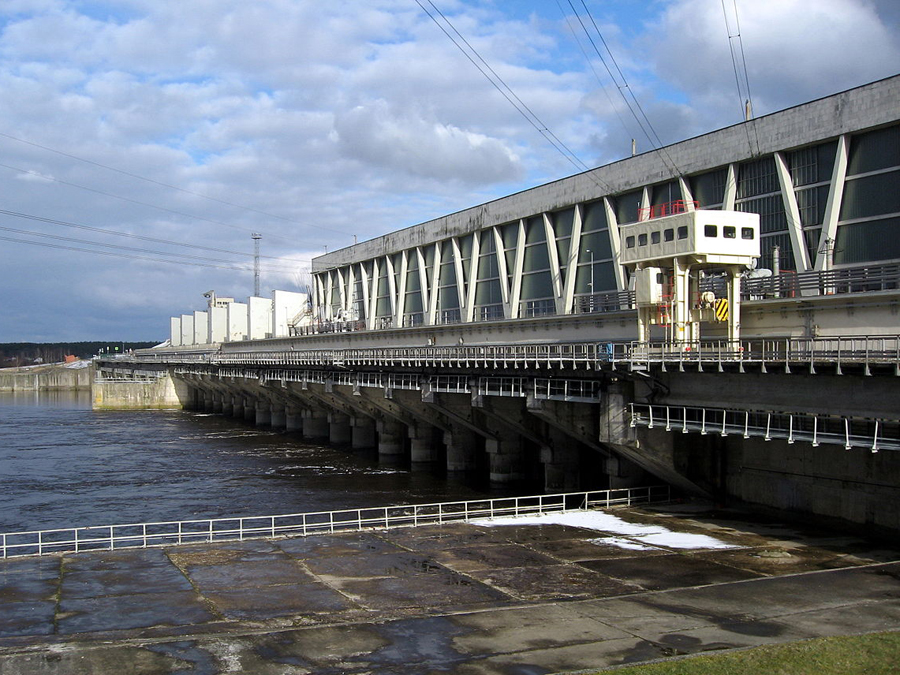There is no direct relationship between the AC frequency and the engine speed of the hydropower station, but there is an indirect relationship.
No matter what type of power generation equipment it is, after generating electricity, it needs to transmit electricity to the power grid, that is, the generator needs to be connected to the grid to generate electricity. The larger the power grid, the smaller the frequency fluctuation range, and the more stable the frequency is. The grid frequency is only related to whether the active power is balanced. When the active power emitted by the generator set is greater than the active power of the electricity, the overall frequency of the power grid will increase. ,vice versa.
Active power balance is a major issue in the power grid. Because the electricity load of users is constantly changing, the power grid must always ensure the power generation output and load balance. The most important use of hydropower stations in the power system is frequency regulation. The main purpose of large-scale hydropower is to generate electricity. Compared with other types of power stations, hydropower stations have inherent advantages in frequency regulation. The hydro turbine can quickly adjust the speed, which can also quickly adjust the active and reactive output of the generator, so as to quickly balance the grid load, while thermal power, nuclear power, etc., adjust the engine output relatively Much slower. As long as the active power of the grid is well balanced, the voltage is relatively stable. Therefore, the hydropower station has a relatively large contribution to the grid frequency stability.
At present, many small and medium-sized hydropower plants in the country are directly under the power grid, and the power grid must have control over the main frequency-modulating power plants to ensure the stability of the power grid frequency and voltage. simply put:
1. The power grid determines the speed of the motor. We now use synchronous motors for power generation, which means that the rate of change is equal to that of the power grid, that is, 50 changes per second. For a generator used in a thermal power plant with only one pair of electrodes, it is 3000 revolutions per minute. For a hydropower generator with n pairs of electrodes, it is 3000/n revolutions per minute. The water wheel and the generator are generally connected together by some fixed ratio transmission mechanism, so it can be said that it is also determined by the frequency of the grid.
2. What is the role of the water adjustment mechanism? Adjust the output of the generator, that is, the power the generator sends to the grid. It usually takes a certain amount of power to keep the generator at its rated speed, but once the generator is connected to the grid, the speed of the generator is determined by the grid frequency, and we usually assume that the grid frequency does not change. In this way, once the power of the generator exceeds the power required to maintain the rated speed, the generator sends power to the grid, and vice versa absorbs power. Therefore, when the motor generates power with a large load, once it is disconnected from the train, its speed will quickly increase from the rated speed to several times, and it is easy to cause a speeding accident!
3. The power generated by the generator will in turn affect the frequency of the grid, and the hydroelectric unit is usually used as a frequency-modulating unit because of the relatively high regulation rate.
Post time: Jan-29-2022

